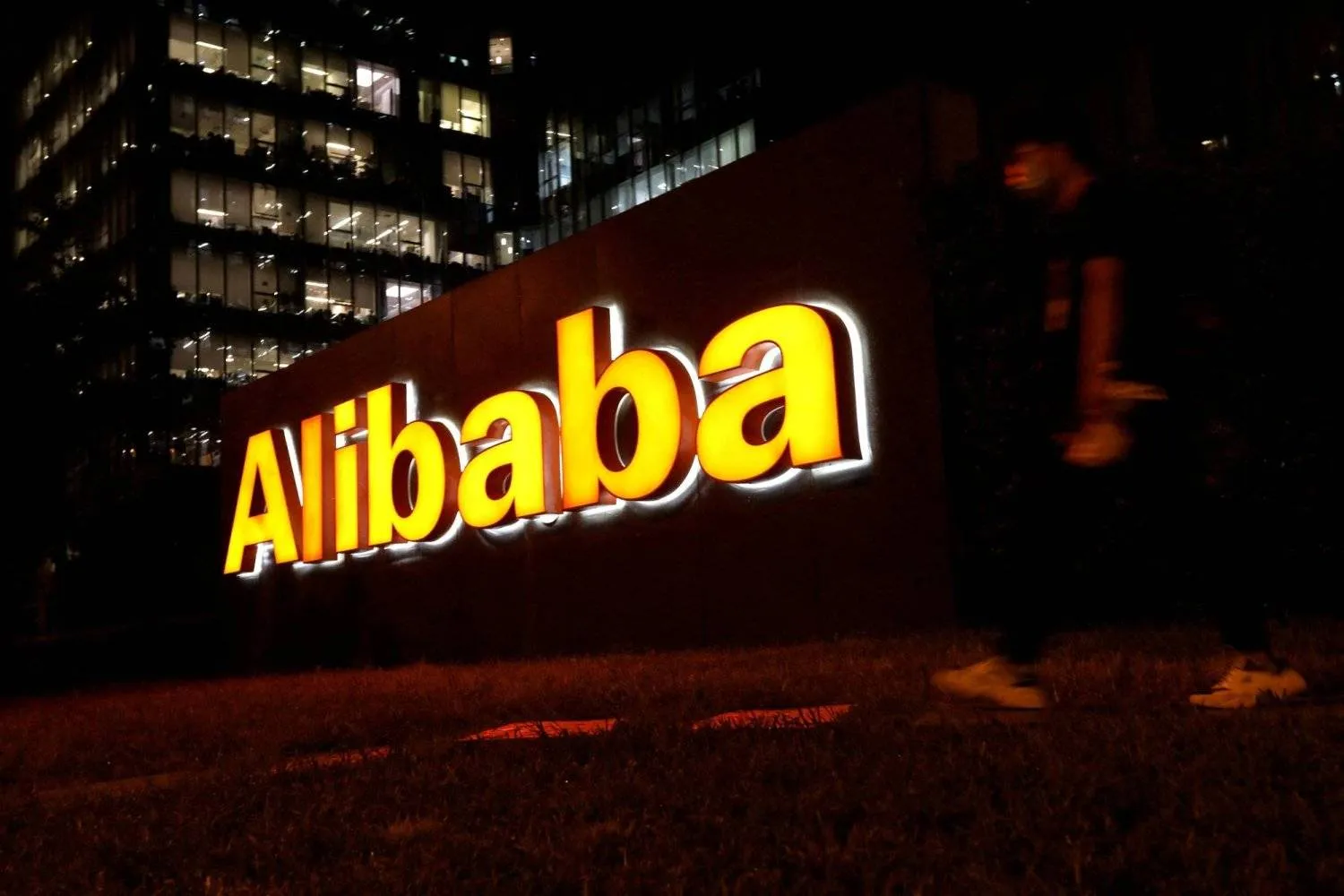China's State Administration of Market Regulation issued a statement on Friday saying Alibaba Group had completed three years "rectification" following a fine levied in 2021 for monopolistic behavior.
In 2021, the regulator slapped a record $2.75 billion fine on the e-commerce giant for abusing its market position by forcing merchants on its platforms not to work with rival platforms.
The regulator's statement said Alibaba's rectification work had achieved "good results" and that it would continue to "guide" Alibaba to continue to "regulate its operations and improve its compliance and quality."
The fine levied on Alibaba in 2021 came during a period of intense scrutiny for the business empire founded by billionaire Jack Ma, Reuters reported. A $37 billion IPO by the finance arm he founded, Ant Group, was also scuttled following Ma's public critique of the country's regulatory system in late 2020.
Alibaba, in its own statement, described the regulator's announcement on Friday as a "new starting point for development" and said it would continue to "promote the healthy development of the platform economy and create more value for society."
E-commerce Giant Alibaba Has Completed 3-year 'Rectification' Period

Alibaba Group has completed three years "rectification" following a fine levied in 2021 for monopolistic behavior. Reuters

E-commerce Giant Alibaba Has Completed 3-year 'Rectification' Period

Alibaba Group has completed three years "rectification" following a fine levied in 2021 for monopolistic behavior. Reuters
لم تشترك بعد
انشئ حساباً خاصاً بك لتحصل على أخبار مخصصة لك ولتتمتع بخاصية حفظ المقالات وتتلقى نشراتنا البريدية المتنوعة







